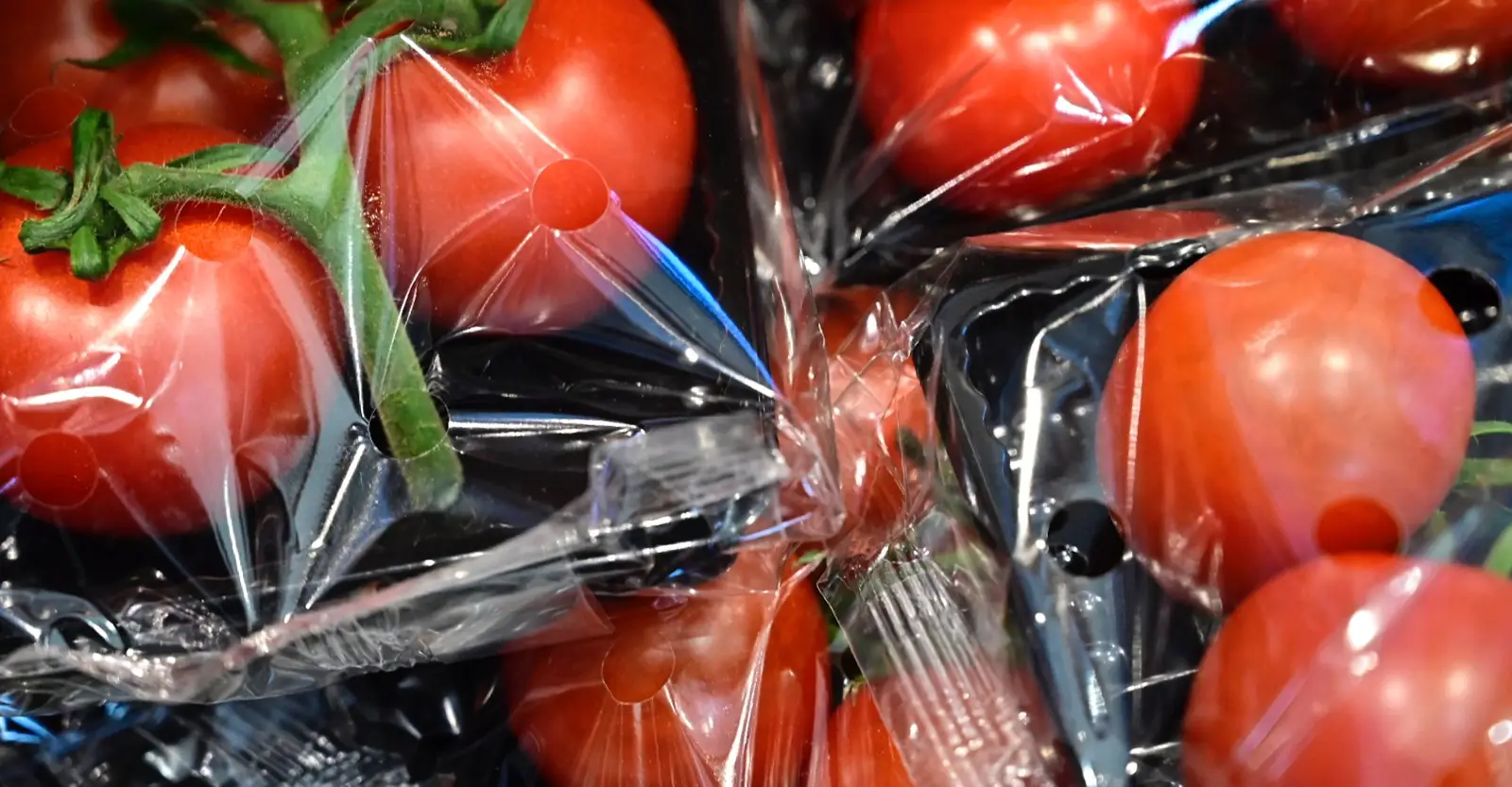Science can tell you almost everything there is to know about plastics and the chemicals they’re made from.
However, when it comes to the impacts of plastics on human health, we are only just starting to find the first pieces of a very complex puzzle.
But each new scientific insight brings us a clearer picture of what plastics do to the body, and what we can do about it.
Now scientists from Minderoo and an Australian research team have found a new piece of the puzzle – that prenatal exposure to a group of plastic chemicals called “phthalates” combined with a genetic predisposition to inflammation can markedly increase the likelihood a baby has of developing Autism or attention deficit-hyperactivity disorder (ADHD).
To understand the effects of genes and the early life environment, comprehensive measurement is needed. Discussing Autism and ADHD is complex because multiple factors influence childhood development.
But as we gather more and more pieces of scientific knowledge, we are empowered to demand stronger regulation of plastics and the chemicals inside them.
Genes and the environment are a complex interplay.
Published in the International Journal of Hygiene and Environmental Health, A pathway-based genetic score for inflammation: An indicator of vulnerability to phthalate-induced adverse neurodevelopment outcomes investigates the influence of plastic chemicals and inflammation can have on the neurological development of Australian children.
You can read the report in full here.
To understand the complex genetic and environmental factors at play, let’s step through the principles the study’s researchers first considered before they began:
- Inflammation is often a natural and beneficial immune system response
- But if inflammation is activated too much, it can impact our health
- Many things can influence inflammation at any time in our lives, but some people have a genetic predisposition to having a more active inflammatory response
- Prenatal exposure to abnormal inflammation has been linked to the development of Autism and ADHD
- Phthalates used in plastic are known endocrine disrupters that are thought to trigger inflammation and could increase the odds of developing Autism and ADHD

The study confirmed that each of these genetic and environmental factors can play an important role independently in a child’s development – but they also have a strong compounding impact.
That is, when both occurred in combination risk was markedly increased.
Researchers found a baby’s risk of developing Autism or ADHD is significantly increased by being exposed to phthalates in the womb and by the child having a greater genetic predisposition for inflammation.
In fact, the study found a combination of high phthalate exposure and high genetic propensity for inflammation can double the odds for a child having doctor-diagnosed Autism and doctor-diagnosed ADHD at 11 years of age.
These findings emerged from the Barwon Infant Study (BIS), a longitudinal Australian birth cohort of 1,074 mother-infant pairs from the Barwon region of Victoria.
To quantify genetic susceptibility to inflammation within the BIS cohort, researchers developed a “genetic pathway functional score for inflammation” (gPFSin).
This allowed researchers to identify children with a higher genetic predisposition to inflammation.
This information was then cross-referenced with children in the cohort who were reported to have symptoms of Autism or ADHD at age 4 or had either condition doctor-diagnosed at age 11.
Researchers then assessed each child in the BIS cohort’s prenatal exposure to phthalates such as DEHP via a sample of the mother’s urine at 36 weeks of pregnancy.
The results were analysed against their gPFSin scores, then cross-referenced with Autism and ADHD symptom reports and diagnoses.
Nothing is certain in genetics – just having a genetic predisposition to inflammation may not result in the expression of a neurological condition.
But the study clearly shows that phthalate exposure can have a significant influence on a child’s neurological development.

We cannot control the genetic makeup of our children any more than we can be expected to take personal responsibility for the devastating and system-wide harm plastic chemicals are doing to us and our children’s health. Genetics is too complex – and there’s quite simply too much plastic already in the world.
But having this new source of scientific information showing how higher levels of prenatal phthalates exposure can significantly increase a child’s potential to develop a neurological condition gives us another piece of the puzzle showing how plastic can shape the development of our bodies.
You will be told that the only way to truly protect you and your loved ones from the health impacts of plastics is to recycle. But this is a lie.
Scientists like the ones who investigated this report have found that recycled plastic is more toxic than normal plastic.
Instead, what we need is for world leaders to agree to a strong Global Plastics Treaty that comprehensively regulates plastic chemicals to protect our future generations, supports innovation by incentivising the creation of new, safer products and put the brakes on the global production of new plastics.
Here’s how you can join the fight:
Learn
Understand how plastics and their chemicals affect your health and where these plastics might be lurking.
Speak up
- Support organisations pushing for ambitious change.
- Share information or resources with your family and friends.
